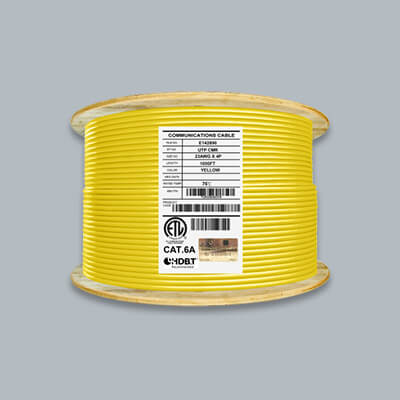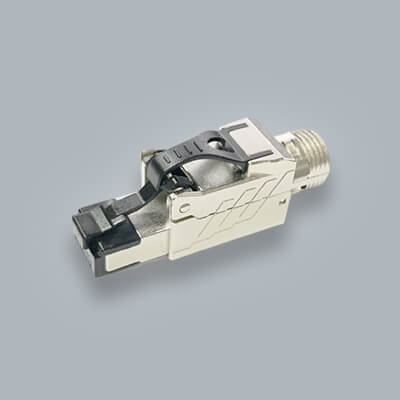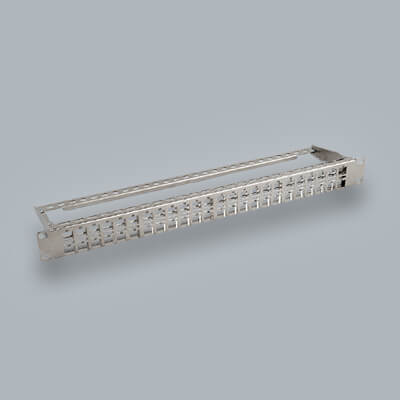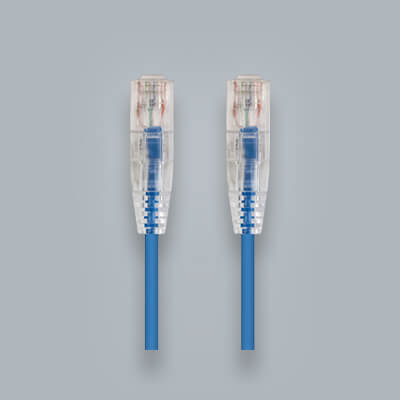Best Ethernet Cable For Long Distance

Have a need for running cable longer than usual? The great thing about ethernet cable is that they can be run very long distances and still affectively work. The other thing about ethernet cable is that there is many different categories and types you can select from. When it comes to longer distance there are better cables for the task at hand. In this article we will go over the best ethernet cable for long distance.
What Is Too Long For Ethernet Cable?

The first thing we want to do is let you know that "ethernet" actually refers to a standard set by IEEE 802.3 which covers the grouping of computers and technology by wires. Ethernet cables are most often mentioned when talking about copper cables but technically fiber cables are also ethernet cables.
To clear this up more for you check out are article on: Ethernet definition
To make this article user friendly when we refer to ethernet cables we'll be referring to copper cables. We'll mainly focus on copper ethernet cables because they are more popular in use for homes and DIY. We'll also include fiber cables to cover all bases.
Using Copper Ethernet Cable
The standard for the maximum length you can run copper cable is 328 feet (100 meters). This is the standard set by TIA which cables are manufactured to follow and be able to perform up to that distance. Within that 100 meters is typically 90 meters of cable backbone and 10 meters of patch cables.
The backbone refers to the longest distance of cable that is ran usually inside walls, risers or plenums. Patch cables are usually the shortest distance of a cable run but it depends on how you are using them.
Within a cable channel run they will usually be the shortest length but for end user applications such as router to computer they will be a connection all on their own.
Best Type of Cable For Long Distance
Ethernet cables can come in many different version such as stranded and solid. Stranded and solid refers to the conductors inside the cables. These 2 cable types have different networking purposes.
Stranded Cable
- More flexible
- Strands of copper to form wire
Solid Cable
- More stiff / less flexile
- Wire is solid copper
Stranded cable is typically used for shorter cable runs and will be used for creating patch cables. Solid cable is the type that is typically used for longer runs and acting as the backbone of the cable channel.
Which Cable Should I Use?
When deciding which ethernet cable is the best for long distance the answer is it "depends". There can be a couple different uses of ethernet cables so let us provide options for a couple of the most popular.
If you are running ethernet cable long distances in your walls, outdoors, risers or plenums the best ethernet cable to use is one with solid conductors. You can find solid conductors in bulk ethernet cables. One of the reasons is because solid cables are easier to pull and run over long distances. The other more important reason is that solid conductors will provide better electrical performance over longer distances.
If you are using cable for your end devices such as routers, computers, Xbox, PlayStation, PC or printer the best cable for this scenario would be a patch cable. Long distance for these devices will typically be under the 100 meter mark so you shouldn't have to worry. Patch cables come pre terminated in multiple lengths as small as 6 inches to over 100 feet in length.
We recommend you do not run stranded cable up to the 100 meter mark.
If you're looking for more information on these differences you can head on over to our blog on solid vs stranded ethernet cables.
Now if you are looking for cable that can be run longer than all these then you want to look to fiber cables. Fiber cables can actually be run up to almost double the length ethernet cable can. OM1 can achieve distances up to 275 meters and newer single-mode versions can go past 800 meters. Fiber cables are great for this reason alone and are typically used for large enterprise installations and cable televisions companies. They do have their use for residential installations but with the ease of use for copper cables they are preferred.
Other Things To Know
We've provided a couple different options for running cables long distances but we want to let you in on one other piece of advice. Always use cable that is 100% pure copper. Whether you are using stranded or solid cables use ones that are pure copper and not CCA. CCA stands for copper clad aluminum and will not give you the same results as pure copper, especially at long distances.
Note that CCA cable can not be certified.
The good news is we've got you covered for high quality pure copper UL Certified cables! Shop below for your next installation.
Shop Ethernet Cable For Long Distances
Bulk Ethernet Cable: Run cable long distances in your home or business. Certified and trusted our bulk cables are ready for any environment. Deploy from Reelex II pull boxes or strong reels for easy installs.
Shop Bulk Network Cable





